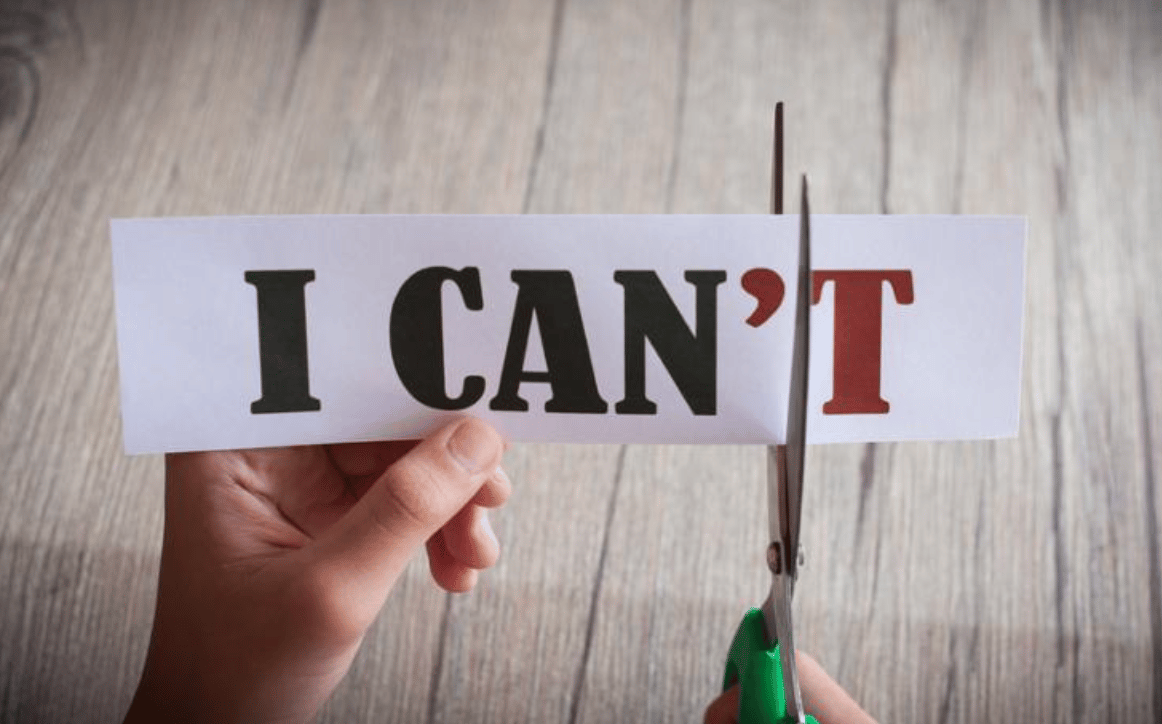One student wrote, “I couldn’t do anything.”
Another student said, “I did this,” and quickly outlined five things they made and did over the last year, enthusiastically adding details about what they learned in the process.
Which student do you think was accepted to more colleges and provided more financial aid?
The year of 2020 – 2021 was a year of challenges and hopefully many changes in perspective. I have worked with teens for over twenty-five years, and they are my continuous and highly vocal barometer of social trends, the incoming cultural perspective, parenting standards, and fervent offerings of the current “song of my generation” – Pursuit of Happiness by Kid Cudi, seriously? Teens are amazing, when they want to be. I have witnessed this often. However, this past year has provided teens (and parents) with a blatant choice to seize this odd period and seek out treasure—or gravitate towards the human default statement: “I can’t.”
I have seen more teens flush more time down the toilet in the past year because of one thing—apathy. While NetFlix and Forge of Empires are definitely part of the equation, apathy is the driving variable. In its most basic definition, apathy is the mental default to laziness and pessimism. Conversely, I have seen an equal number of students discover more about “learning more with less” than ever before. More than ever—and now buoyed by the evidence I have witnessed this past year—it is clear that the “apathy vs. intellectual resourcefulness” behavior is not genetic; it is learned.
While Carol Dweck opened the conversation about growth-mindset, I think there is much more value in helping students develop curiosity and gumption…and embrace a good failure now and again. Failure can be solid evidence for the pursuit of a worthy challenge, and gumption. One good failure is much better than a year of “I couldn’t.” Fail forward. Communicate learning and growth. Dare to look and be foolish.
I don’t like to frame everything for teens around college applications, or even education. That only diminishes self-driven and curious learners who later become thoughtful and intentional voters. However, I take great joy in helping students showcase their character, skills, interests, and talents in pursuit of higher education and financial support. And while colleges require evidence for academic challenge and metrics of success, good schools increasingly value and reward curiosity, gumption, and even failure.
Most college admissions representatives are authentically open about what they look for in applicants and applications. While they admit being held hostage to metrics such as GPA and test scores, the best of them will openly admit they are human. They want to find a diamond. They want to champion the underdog. And they admit, a student who “did something” gains more empathy than one who “couldn’t do anything” every time. A student who can clearly and convincingly communicate what they learned when failing to create a sourdough bake bread starter, building a loom, creating a YouTube channel, starting an Etsy business, taking the free Harvard CS50 class online, or toilet training their cat, is going to gain more empathy and support in the evaluation and admission process than a student who announces, unapologetically, “I couldn’t do anything.” Carpe diem.
For those who want to be a student who says “I did,” or help support one:




